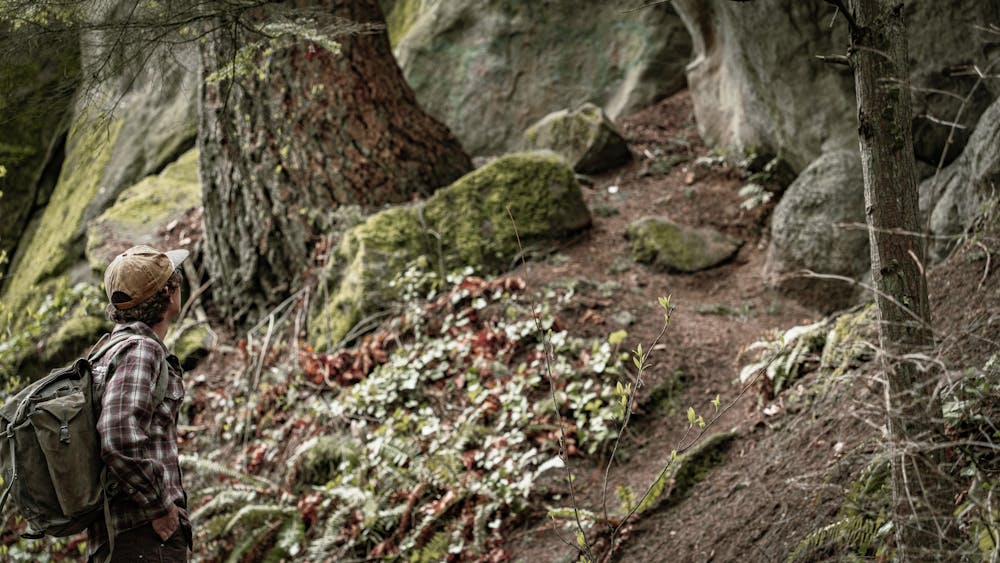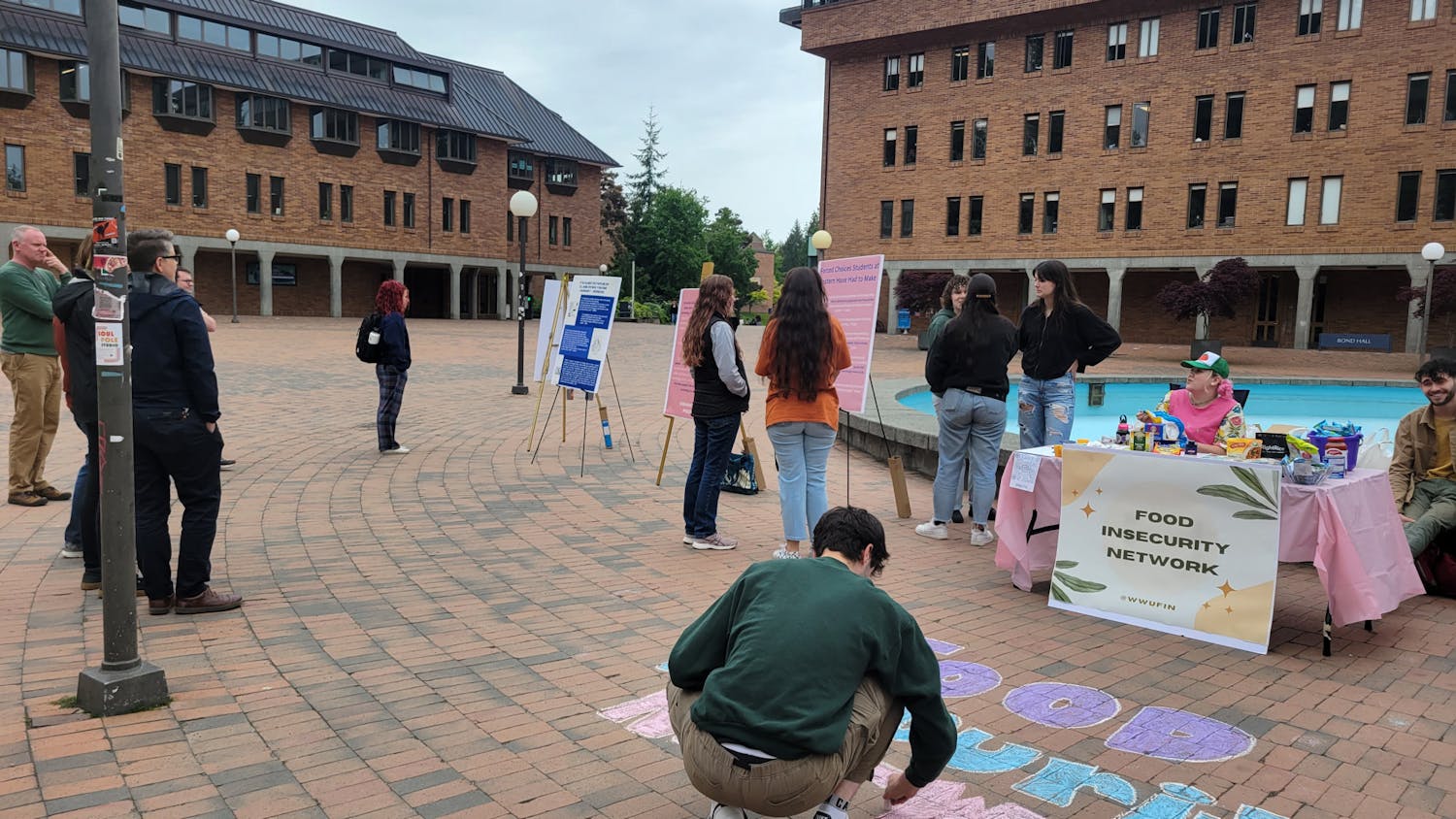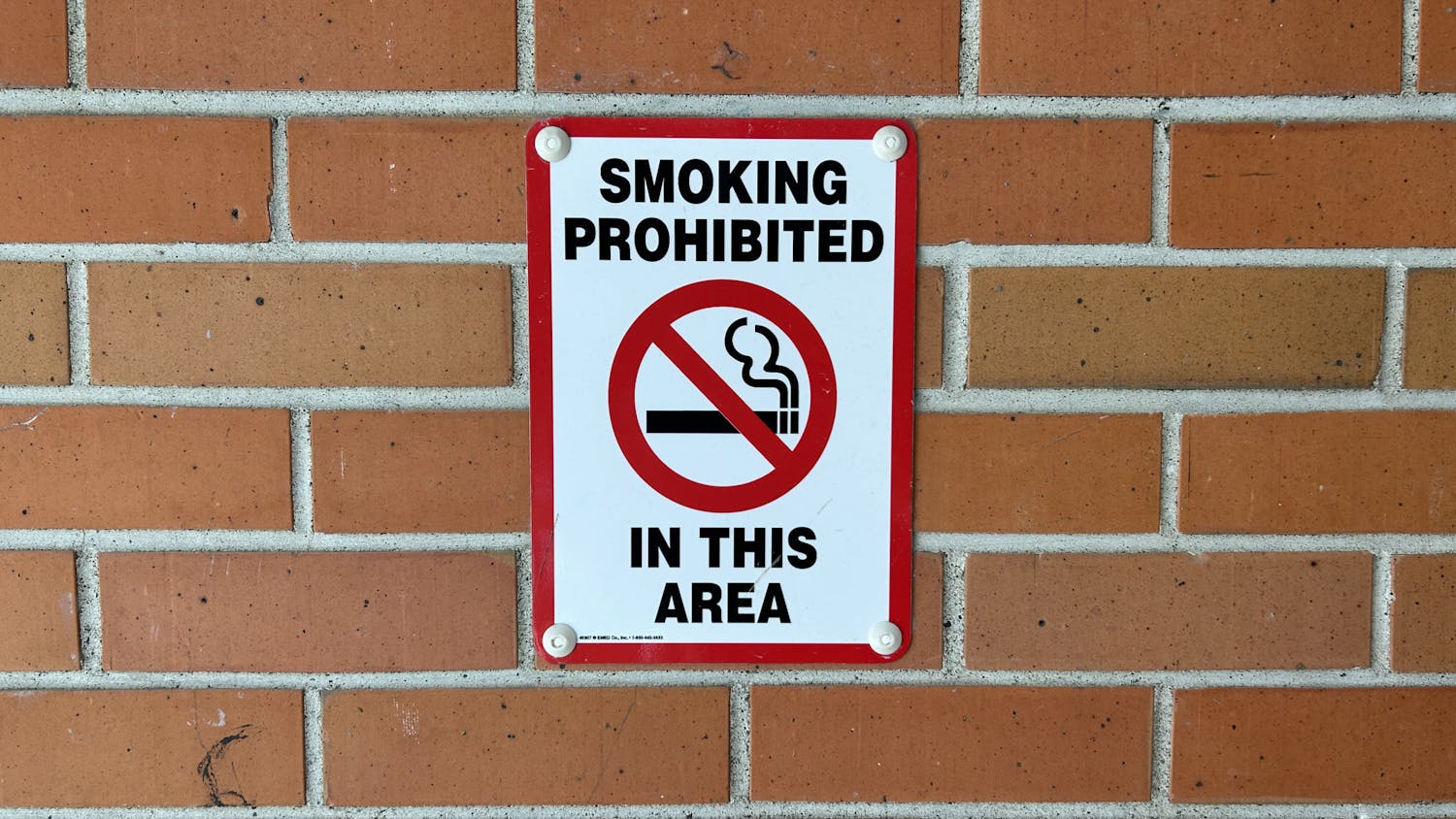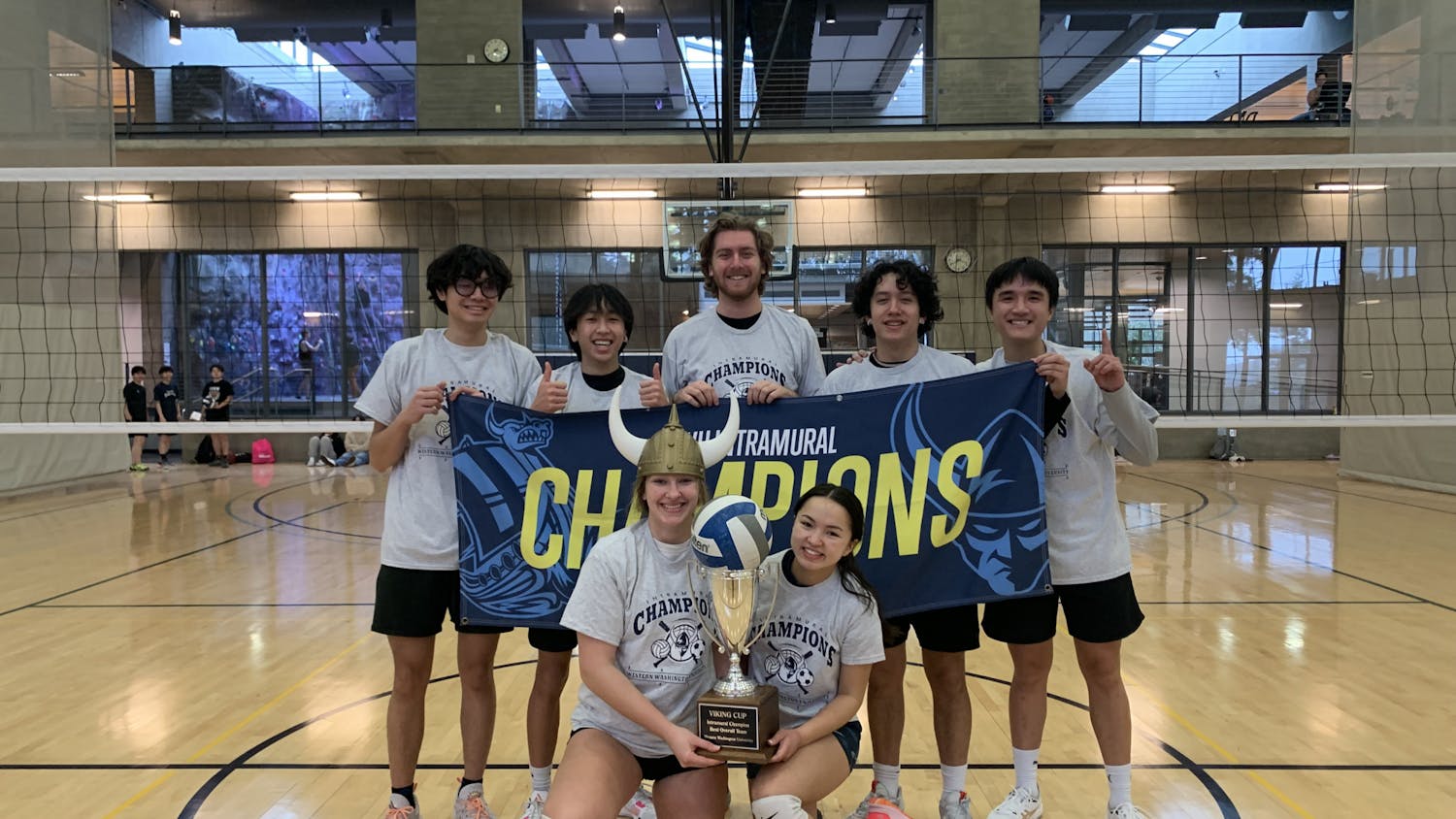Have you ever wondered what’s edible on your walk to school, stroll between classes, or while relaxing at the beach? Well, as It turns out, there are edible, nutrient-rich native plants hiding in plain sight.
For those interested in learning about edible plants firsthand, Western Washington University's Outdoor Center hosted an intro to wild food foraging class at Clayton beach on May 31 from 3 to 6 p.m.
The class provided participants with knowledge about native edible plants, sustainable foraging practices and how Indigenous peoples have foraged in the PNW.
Cassidy Meliah, a forager and student at Whatcom Community College, said the whole world opens up with a little bit of curiosity and research.
“Whether it be medicinal or edible, these plants just exist,” she said.
Abe Lloyd, a senior professor at Western who studies native plants, biodiversity and Northwest Coast ethnobotany, said the PNW is a great place for foraging.
Due to the large elevation gradient between the Pacific Ocean and Cascade Mountain Range, the diversity and chance of finding edible plants is high.
“For every 1,000 feet there's a different community,” Lloyd said. “There’s all sorts of variability like uplands, wetlands, slope face and more.”
Lloyd said these different microclimates lead to different ripening times, which allows people to pick or pull the same plants at different stages of the season.
He said at sea level, you can pick ripe Salmonberrys in mid-May and pick the same berries at 4,000 feet in August. This allows for a longer foraging season and has played a large role in Pacific Northwest Indigenous life.
We are currently in the season of shoots, greens and the early stages of fruiting, Lloyd said. At this time of year you might find Seaside Plantain, Pickleweed or Cow Parsnip down at Clayton Beach.
“Lately I’ve been foraging a lot more greens to make tinctures like stinging nettle, red columbine and devils club,” Meliah said.
She sees the natural offerings as magic hiding in plain sight.
Lloyd said by eating foraged food, people can choose to not participate in the economics of destructive practices.
“We're eating from whole ecosystems rather than heavily managed monocultures,” he said.
Lloyd said foraging can connect us with our ancestral tendencies. He said connecting with nature is important.
Britta Sloan, the Associated Students Excursions coordinator at Western said as an adult, learning about foraging has helped her connect with her inner child, turning what were once childish games into a practical reality.
“Foraging reminds me of being a kid, running around in the woods pretending to be living off the land,” she said.
There are important factors to consider when foraging. Lloyd said to be aware of the area in which you’re foraging. If you’re right next to a trail, think about the dogs that have potentially used the bathroom near the food you’re picking, or if you're in an area that has potentially been sprayed with herbicides or other pesticides.
“If someone is interested in native foods, the local environment, or even just stepping out of their comfort zone, I would absolutely recommend this excursion,” Sloan said.
Spencer Arps (he/him) is a campus life reporter for the Front. He is a semi-professional mountain bike athlete, product photographer, Bellingham born and raised, and enjoyer of Whatcom County's natural beauty. On a daily basis you can find him picking bluegrass tunes, holding a camera or riding his bike.






